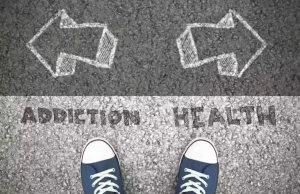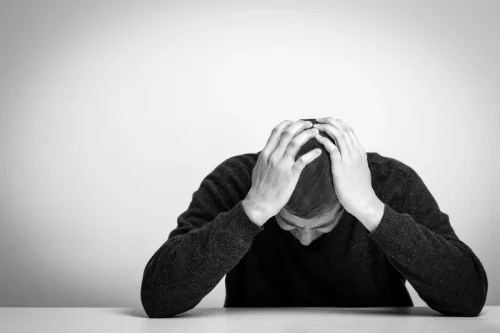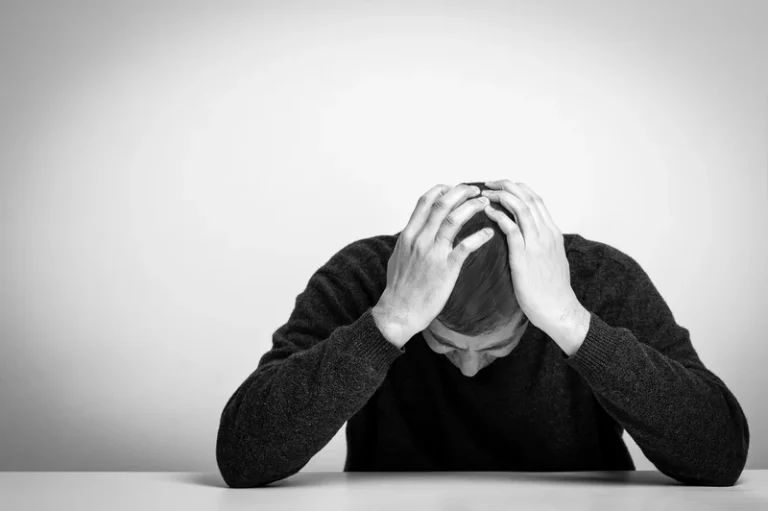
Alcohol increases the acidity of urine and can irritate the lining of the bladder. A person who drinks alcohol can become dehydrated, increasing the risk of a does alcohol damage the kidneys UTI. The kidneys help filter the blood, including by filtering out harmful substances such as alcohol. Heavy drinking is considered more than three drinks in a day (or more than seven per week) for women and those assigned female at birth, and more than four drinks in a day (or more than 14 per week) for men and those assigned male at birth.
Join KidneyNation and help create a world without kidney disease.
Without treatment, a person with an acute kidney injury may have a seizure or go into a coma. According to a 2022 review, symptoms do not usually manifest until stage 4 or 5 of the disease. Regular and excessive alcohol use can also cause high blood pressure (hypertension) for a combination of reasons, such as disrupting hormones and affecting the muscles in blood vessels. According to a 2017 review, the question of whether alcohol consumption affects kidney function remains controversial. According to the World Health Organization (WHO), there is no so-called “safe” level of alcohol consumption, and the more alcohol a person drinks, the greater their risk of health issues.

The Emotional Impact of CKD
Transplant patients are still not out of the woods and need to be consistent with daily medication as well as looking after their health and drinking enough water. Yes, alcohol use can lead to dehydration, temporarily increasing creatinine levels. Excessive alcohol consumption can damage the kidneys and, consequently, elevate creatinine levels. This is due to various factors that influence the risk of kidney cancer, including the amount and duration of alcohol use, individual responses, and other lifestyle factors.
Alcohol risks: A body out of balance
According to the National Cancer Institute (NCI), there is a widesperad agreement among scientists that alcohol can cause several types of cancer, like head and neck cancer, liver cancer, colon cancer, and breast cancer. Kidney pain usually appears in the back, on either side of the spine, just under the ribs. A person who experiences this type of pain, especially if it intensifies over hours or days, may have a serious illness and should speak to a doctor. Always consult your healthcare provider to determine what’s safe for you. According to the NKF, individuals who have sustained an alcohol-induced AKI may require dialysis, depending on severity.
According to the National Kidney Foundation, regular heavy drinking can double the risk of chronic kidney disease. Abstinence is one of the characteristics of human drinking habits; many doctors will encourage patients to stop drinking, which may be good for their health 121. As for the kidney damage caused by alcohol, some studies discovered that the patients’ renal function recovered after abstinence 1.

Effect of alcohol consumption on kidney function: population-based cohort study
The kidneys are two bean-shaped organs that filter out waste from your blood. The kidneys also maintain the proper balance of fluid and electrolytes in the body. A person is at risk of different complications depending on the underlying cause of the kidney pain. Sustaining a physical injury to the kidneys, such as by falling from a height, may also cause kidney pain.
- Be aware of the particular medication you are taking, as this may also limit how much alcohol you are allowed to drink.
- When you overindulge in alcohol, your liver, which is responsible for breaking down toxins like alcohol, can become overworked, explains Andrews.
- Some studies found that ethanol has an influence on renal damage, such as apoptosis and epithelial mesenchymal transdifferentiation.
- So it is not surprising that many of us think avoiding milk or a diet rich in calcium will help prevent painful kidney stones from forming.
Devineé Lingo is a registered dietitian nutritionist who is on a mission to cultivate health and wholeness in people seeking restoration and renewal. Her nutrition philosophy is to dig deeper and identify the root causes of people’s health concerns using a holistic, integrative and functional approach. The slope of decline in the eGFR estimated over 12 years was less steep in the higher alcohol intake groups (Fig. 3). So it is not surprising that many of us think avoiding milk or a diet rich in calcium will help prevent painful kidney stones from forming. However, it is not excess calcium that can get us in trouble, but the lack of it.
- Guzzling down large quantities of alcohol, like anything else, can be harmful, says Sparks.
- Try to spread your drinking throughout the week and have at least 1-2 alcohol-free days per week.
- Their analysis included 20 studies representing a total of 292,431 patients.
- However, the effect of ethanol on renal tubule function is not limited to sodium ions.
- Additional research is needed to clarify if alcohol does indeed promote kidney injury and the mechanisms by which alcohol-induced kidney injury may occur.
Nitric oxide synthase stimulates the production of nitric oxide, which, if produced excessively, can react with other molecules and create free radicals that trigger tissue damage in the kidneys (Pacher et al. 2007; Szalay et al. 2015). Tirapelli and colleagues (2012) showed that ethanol consumption increased the expression of two nitric oxide synthases. However, it is still unclear exactly how ethanol upregulates nitric oxide synthases, or whether it does so directly or indirectly.
Abnormal immunoreaction and renal tubular dysfunction to alcohol consumption

For example, alcohol intake may be paired with an unhealthy lifestyle and diet, leading to other health issues. Alcohol can also negatively impact on your cardiovascular health and contribute to problems such as hypertension (high blood pressure) or high cholesterol. Alcohol has long held a prominent place in many societies and cultures. While moderate alcohol consumption may offer some small cardiovascular benefits, the risks of consumption may outweigh these potential benefits. Additionally, drinking excessively has been shown to increase the risk of accidents and injuries. Longer-term, it may impair liver function, increase the risk of certain cancers and adversely affect cognitive and mental health.
- The effect sizes of one standard deviation increment of the PRS are reported.
- However, clinical research shows the amounts and patterns of alcohol consumption both affect eGFR in patients with CKD 7.
- Amounts of alcohol use were collected using a touchscreen questionnaire.
- Moderate alcohol consumption should not cause kidney pain, but various factors may lead to kidney pain after a high intake.
The eGFR was calculated according to the CKD-EPI (Chronic Kidney Disease Epidemiology Collaboration) equation17. However, various factors like the amount consumed, the duration, and individual response to alcohol can influence the effects. Some of the first signs of kidney damage from alcohol are increased urination frequency, weakness, and fatigue. According to a study published in The Lancet, it is 100 grams of alcohol per week (30). Chronic alcohol use also interferes with the kidney’s ability to maintain blood pressure (14).